I have fallen in love!
Specifically, I have fallen in love with a certain brand of a certain tea.
I’ll get to the brand and why in a moment, though I will let you know I’m not the only one head-over-heels for it.
It won a gold medal in the Global Tea Championship, an independent competition judged by tea professionals to distinguish the highest quality & best tasting teas…

The type of tea is hibiscus, and because it really is a “superfood,” I want to briefly share the benefits of hibiscus with you.
Hibiscus goes by other names, too, such as roselle, rosella, sorrel, rosa de Jamaica, sour tea, zobo, and bissap.
And due to the incredible benefits of hibiscus, this tea has been consumed in cultures around the world for eons.
The research-based benefits of hibiscus are only now making it into the mainstream (1).
Hibiscus tea is made from the dried form of the flower, and it has a flavor reminiscent of cranberry.
I personally enjoy drinking the Gold-winning brand I’m about to share on its own.
Yet, with its touch of tartness similar to cranberries, some may enjoy consuming it with a small amount of honey or mint to tame the tartness.
And lately, even Western science has begun to catch up with the long-held knowledge regarding the benefits of hibiscus.
So, let’s look take a brief look at what the actual benefits of hibiscus are — including how it can help you feel happier, be healthier, and even look younger.
The Top 6 Benefits of Hibiscus
Hibiscus Benefit #1: Gut Health
It is believed that drinking hibiscus tea can settle an upset stomach, and many people drink it to help regulate their urinary and bowel activity.
Hibiscus also has anti-inflammatory properties.
Chronic inflammation (including that of our gut) is a likely culprit in many of the modern world’s rampant diseases such as arthritis, autoimmune conditions, and food intolerances.
Hibiscus Benefit #2: Anti-Aging
Hibiscus was known to be consumed by the Egyptian Pharaohs for its beautifying properties.
As always, they were onto something.
Because research has shown that hibiscus consumption can help prevent oxidative damage in the human body (2).
Oxidative stress occurs when our bodies can’t keep up with combating the amount of “free radicals” in our system.
Oxidative stress is widely considered one of the primary factors in the aging process.
And hibiscus tea is incredibly high in antioxidants.
Hibiscus Benefit #3: Your Skin Elasticity
Hibiscus has another anti-aging benefit—improving your skin’s elasticity.
As we age, the elastin in our skin — basically, the connective tissue that holds our skin to our muscles — begins to break down.
As much as if not more than the loss of collagen, this loss of elastin is, in short, responsible for “old-looking” skin.
And this happens because of a specific enzyme called elastase.
When our skin and our muscles aren’t connected well, then our skin loses its smoothness and doesn’t quickly return to its original position after movements.
Now, there are very powerful natural ingredients you can apply to your skin from the outside that help this issue, and I will cover this in another post soon.
However, you can also help his issue” from the inside,” and consuming hibiscus is amongst the most powerful ways.
Hibiscus can help block elastase and, therefore, help preserve our skin’s elasticity and fend off wrinkles.
Hibiscus Benefit #4: Blood Pressure
A 2010 study showed that daily consumption of a reasonable amount of hibiscus tea lowered blood pressure (3).
A 2015 study also demonstrated that hibiscus tea consumption lowered blood pressure (4).
So, for people who are at risk of hypertension or mildly hypertensive, hibiscus tea could be a great addition to your daily routine (Do see the “You Should Avoid Hibiscus If…” section below though).
Hibiscus Benefit #5: Cholesterol and Triglycerides
Blood pressure isn’t the only thing hibiscus tea lowers.
In a study where participants drank tea twice a day for a month, results showed that not only did the study participants decrease their “bad” LDL cholesterol, but they also increased their “good” HDL cholesterol (5).
Hibiscus Benefit #6: Immune System
Hibiscus is high in vitamin C (and, yes, all those other antioxidants), and it appears to strengthen the body against both bacterial and fungal infections.
A variety of studies have shown that hibiscus can:
- Inhibit the growth of MRSA, which is a dangerous form of staph (6)
- Inhibit the growth of Candida, which can infect the gut, mouth, and vagina (7)
- Inhibit the growth of E. coli, which is a potentially deadly food-borne bacteria (8)
You Should Avoid Hibiscus If…
Even though hibiscus has many amazing health properties, there are certain people who should avoid it or discuss it with their doctor first before consuming it:
- If you are pregnant — hibiscus has been shown to induce premature labor and menstruation in pregnant women. Nursing women should also avoid hibiscus.
- If you are already on medications for blood pressure or blood sugar issues — since hibiscus can be so effective at influencing blood pressure and blood sugar — taking it in addition to your medication can result in extremely low levels of both. It is particularly recommended you talk to your doctor first before consuming hibiscus in any form if you are taking hydrochlorothiazide, a diuretic that treats high blood pressure, as it could interact with that drug.
- If you have liver issues — hibiscus can be toxic in extremely high doses (that you are not likely to approach), but if you have known liver issues, hibiscus may not be a good fit for you.
Additional Hibiscus Benefits: Weight, Liver Health, Cancer
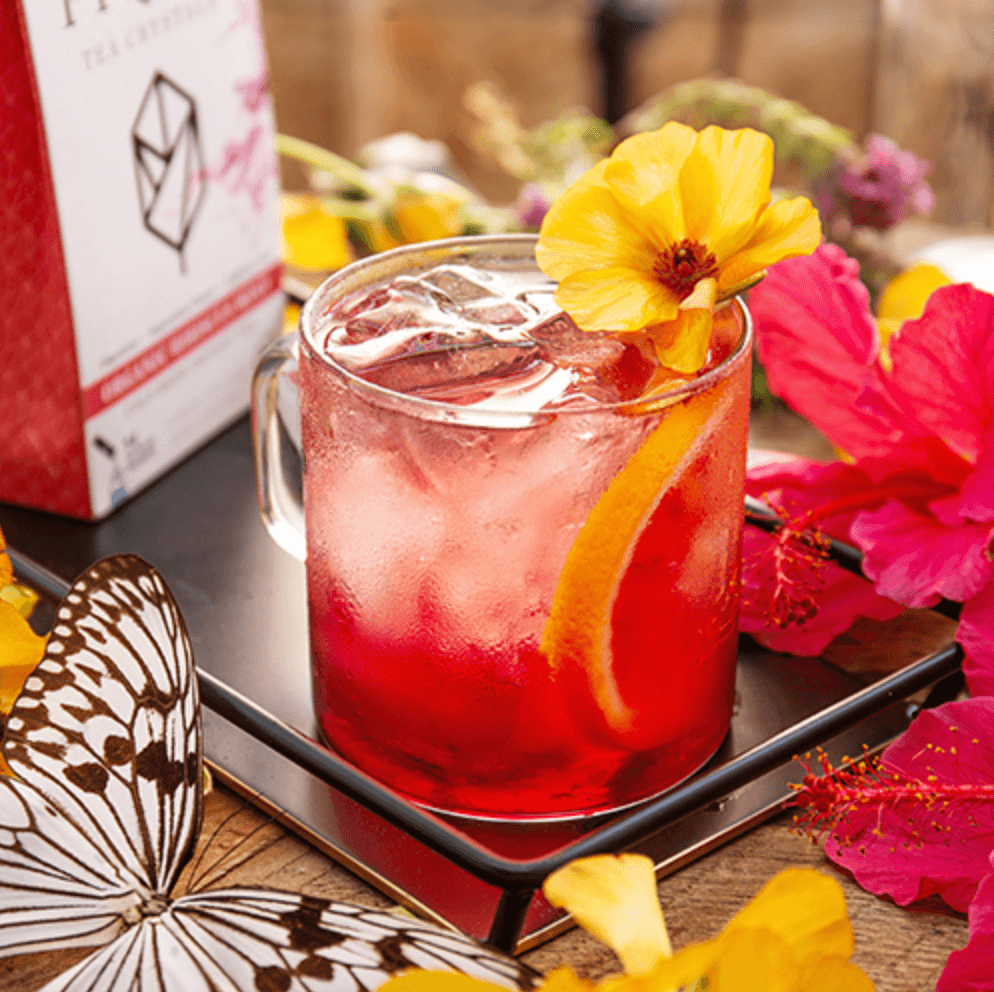
Those may be the six most established benefits of hibiscus above.
Other research, though, shows it can provide still many more benefits to you.
For example, it may help with weight optimization, protect against obesity, and promote a healthier liver (9).
And hibiscus is very high in polyphenols, which have been shown to have strong anti-cancer properties (10)
Specific test-tube studies have even shown hibiscus may help against mouth and blood plasma cancers (11), prostate cancer (12), and stomach cancer (13, 14)
And the Gold-Medal-Winning Hibiscus Tea I Have Fallen in Love With Is…
So you now know that hibiscus can provide “off-the-charts” health benefits to you.
Now you need which specific brand of hibiscus comes with my “off-the-charts” top recommendation.
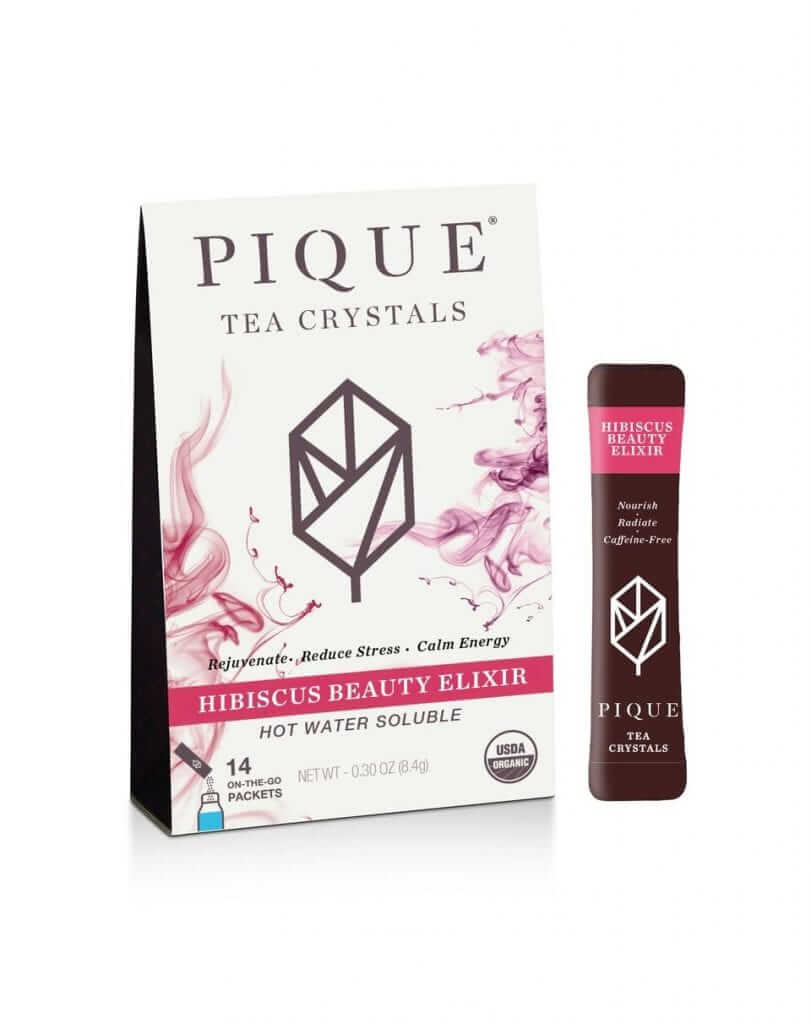 It’s called the Hibiscus Beauty Elixir and it comes from Pique Tea, a great company committed to sustainability and USDA Organic ingredients.
It’s called the Hibiscus Beauty Elixir and it comes from Pique Tea, a great company committed to sustainability and USDA Organic ingredients.
And here’s the TOP 3 REASONS WHY I have fallen in love with this tea:
- It tastes DELICIOUS. Like I noted above, it has just a touch of tartness similar to cranberries. I love it as-is, some may want to add a bit o’ honey or mint.
- It is SIMPLE to make. It comes in individual packets, and it’s crystalized so you just pour it into a cup of hot water, stir, and consume!
- It is USDA ORGANIC. This means it is independently certified organic, and this is huge because terms like “organic” are thrown about way too loosely by foods (and skin care products, and more). To be independently certified as such means it is ACTUALLY organic, and it is carefully screened for pesticides, toxic mold, and heavy metals commonly found in so many other teas.
It’s also caffeine-free, important to me because I often drink tea in the evening.
And did I mention it tastes incredible? 🙂
Head Here Now to Find Out More About the Hibiscus Beauty Elixir
And by the way, when it comes to tea, I am apparently polyamorous 😉
Because I have also fallen in love with Pique’s caffeine-free and USDA Organic “Ginger Digestion Elixir” tea, which is also worth checking out (head to the Pique Tea website here to see all their teas).
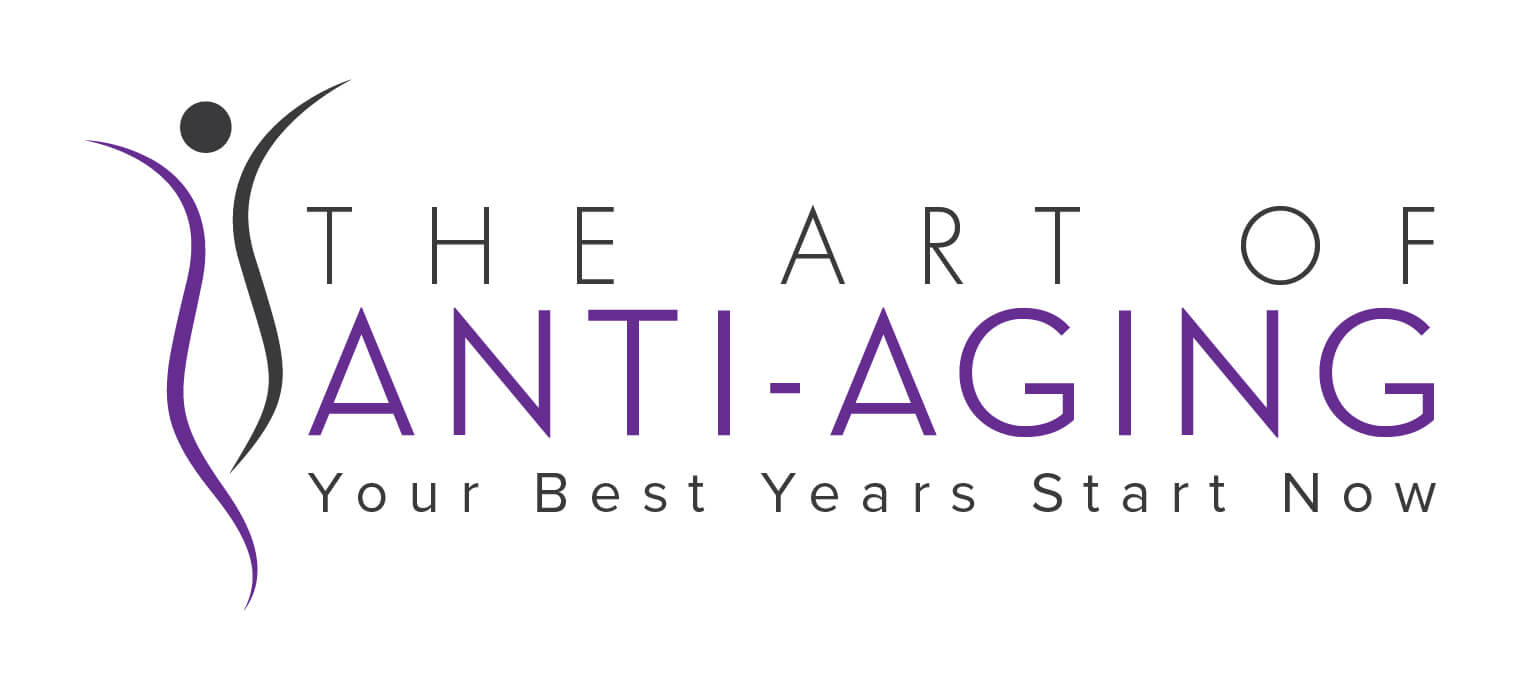
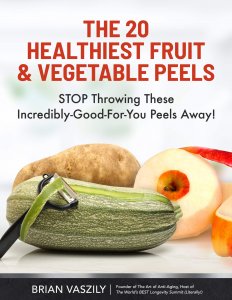
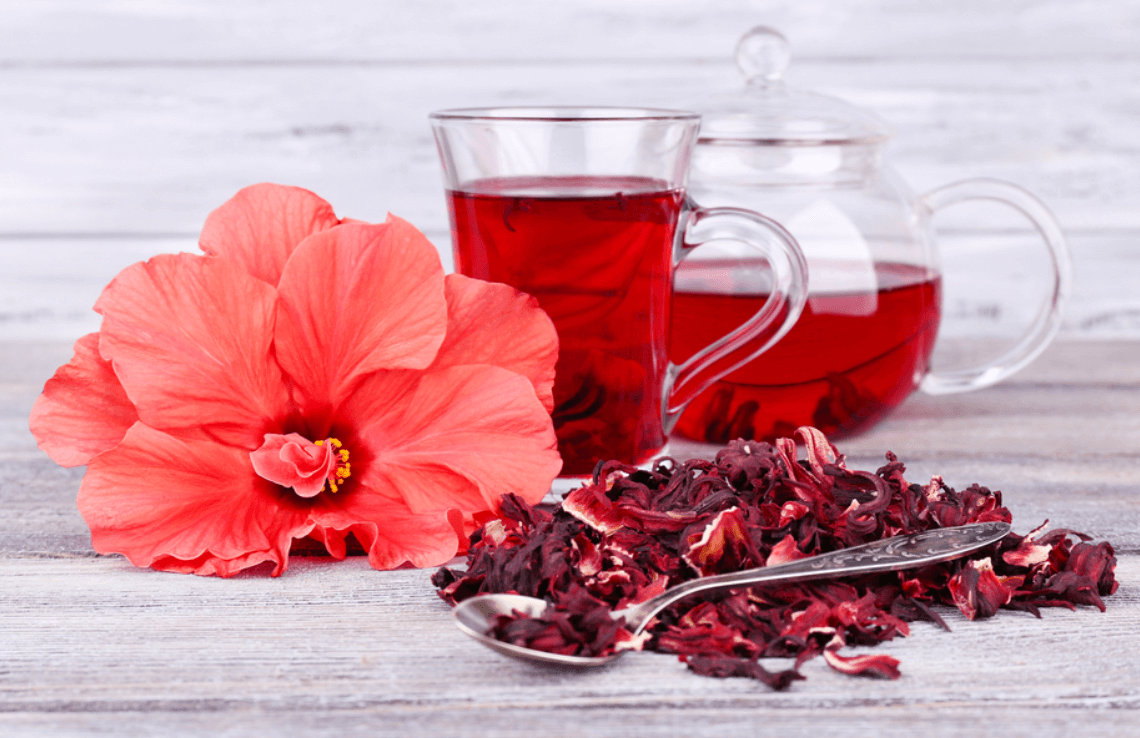
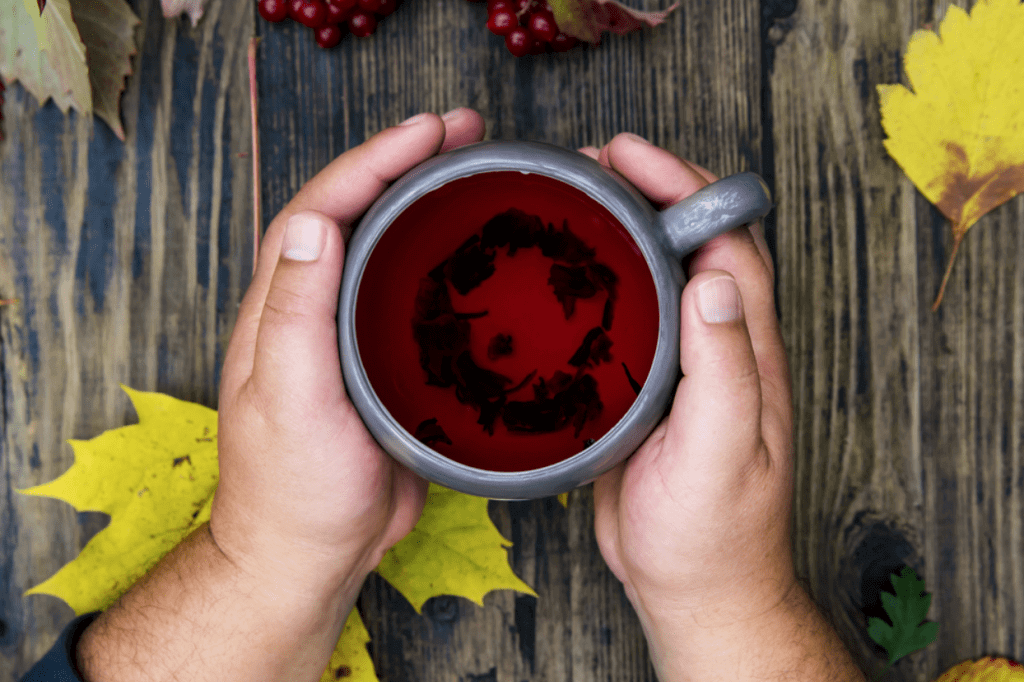
THANK YOU FOR THIS INFORMATION ,I USED THE TEA BAG AND I ALSO GROW MY OWN HIBISCUS PLANT AND USE THE FLOWERS FROM IT AND IJT LOWERS MY BLOOD PRESSURE TO ALMOST NORMAL
The most important thing to take note when making yourself some hibiscus tea, is that pouring boiling water on the tea bag will destroy most of the beneficial properties! It will destroy all of the water soluble vitamins, especially vitamin C! The best thing to do is to put the tea bags in WARM water – not hot! And I usually let the bag steep for about an hour, then wring the bag dry. Otherwise, you’ll just be drinking a delicious tea with no beneficial properties. No boiling water! Hope this helps!
I was wondering about that. I drink a lot of hibiscus tea with lemon and stevia, but this seems like a valid point. Warm water or even make a cold brew by letting hibiscus leaves steep overnight in the fridge, and add the lemon latest!
Your suggestions sound applicable. Thanks Tom Mc